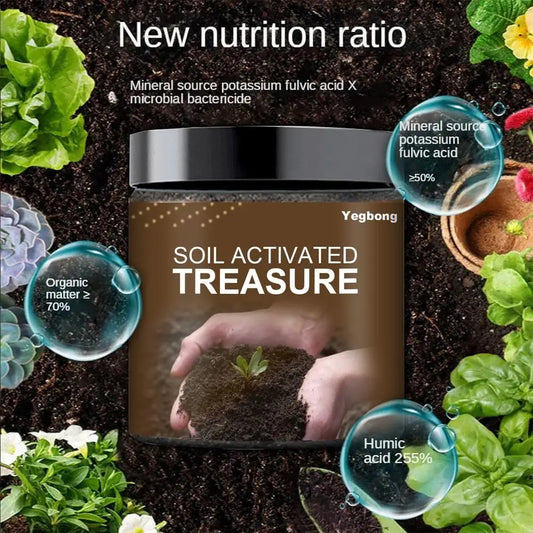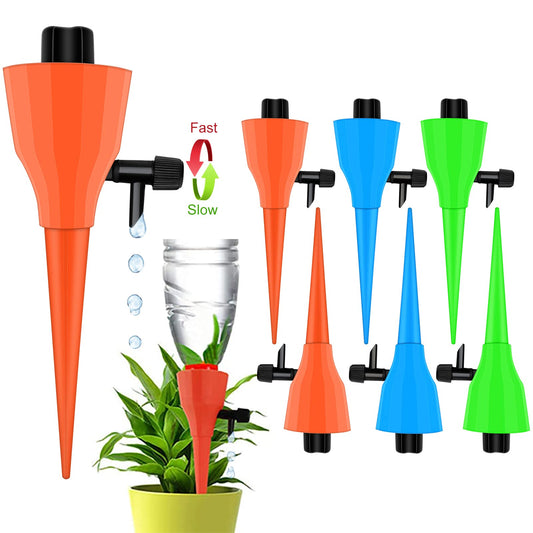Nutritional scientist and professor of genetic epidemiology at King's College London, Tim Spector, shares five simple secrets to maintaining gut health, thus promoting longevity.
Gut health is crucial for overall well-being, as the gut microbiota, or the bacteria residing within it, have a symbiotic relationship with the body, playing vital roles in bodily functions. The food you consume contributes to the health of these bacteria.
Dr. Tim Spector, a nutritional scientist and British epidemiologist researching gut microbiota and epidemiology, has shared ways to care for one's gut health, including consuming up to 30 types of plants per week and fermented foods.

Eating 30 Types of Plants Weekly
"The more plant varieties you eat, the more diverse your gut microbiota," explains Spector.
Studies have shown that a diverse gut microbiota leads to longevity and overall better health. Conversely, an imbalanced microbiota can lead to health issues such as inflammation, infections, and arterial stiffness, according to the Cleveland Clinic.
Although consuming 30 types of plants per week may seem like a lot, Spector suggests that including various nuts, seeds, legumes, whole grains, herbs, spices, fruits, and vegetables can make it easier.
Eating a "Rainbow"
According to Spector, consuming more brightly colored fruits and vegetables nurtures various gut bacteria, supporting health in multiple ways. This is because plants obtain their colors from polyphenols, considered gut fuel as they nourish beneficial bacteria.
In addition to brightly colored foods, Spector recommends consuming bitter or tangy foods, such as coffee, pure olive oil, and berries.
Consuming Some Fermented Foods Daily
A 2021 study cited by Spector showed that consuming more fermented foods over 17 weeks increased gut bacteria diversity and reduced signs of inflammation. Recommended fermented foods include kefir, yogurt, fermented fresh cheese, fermented vegetables, plant-based fermented beverages, and kombucha.

Giving the Gut a Rest
Eating within a 10 to 12-hour window each day allows bacteria to "get a good night's sleep" from 12 to 14 hours overnight. This allows some bacteria to clean the gut lining and keep it healthy.
A 2023 study found that restricted-time eating improved or reversed fundamental factors leading to metabolic diseases and gut physiological disorders. However, it's worth noting that many of these studies were conducted on mice, and research on this issue is still in its early stages.
Limiting Processed Foods
Spector's final advice is to reduce the consumption of highly processed foods.
According to NOVA classification - a food categorization scale based on processing methods - ultra-processed foods are produced using methods difficult to replicate at home and often do not resemble their raw ingredients. Consuming more ultra-processed foods is associated with various health issues, including a higher risk of cancer and dementia.
"Try to choose homemade meals whenever possible," says Spector.














































